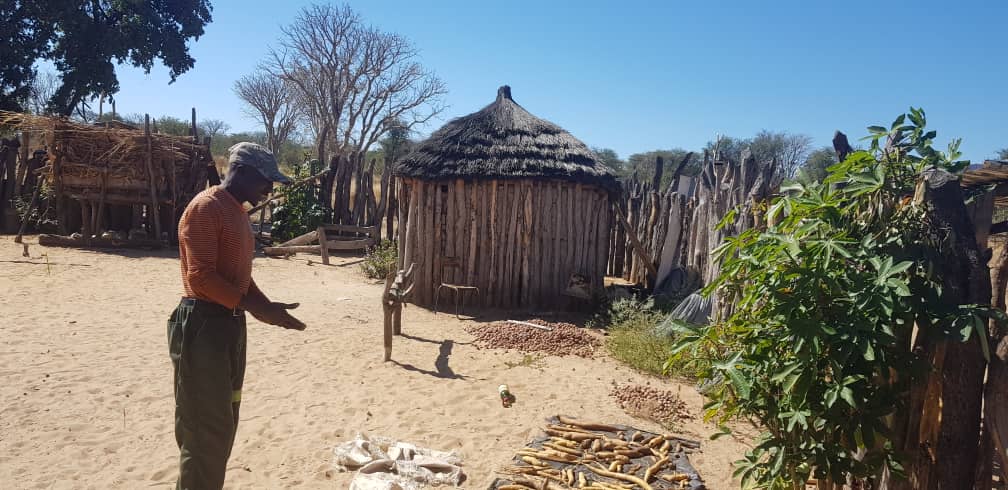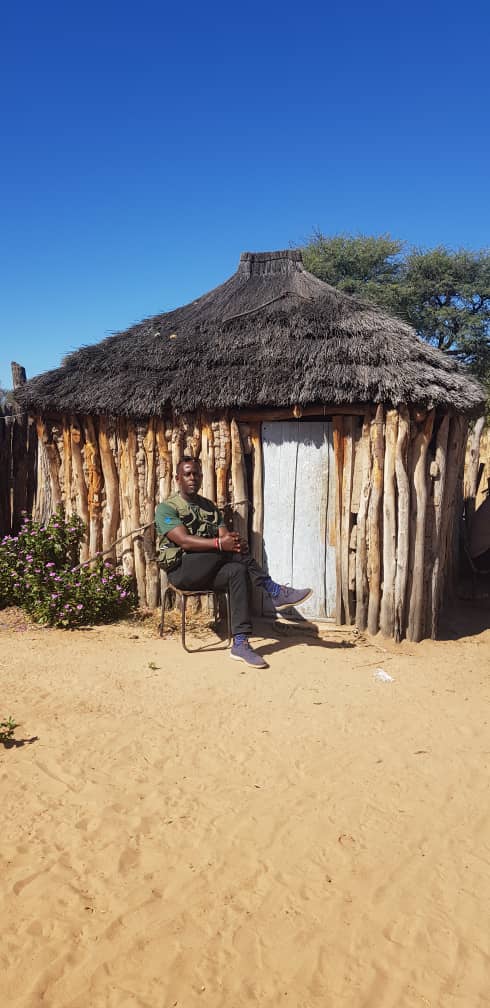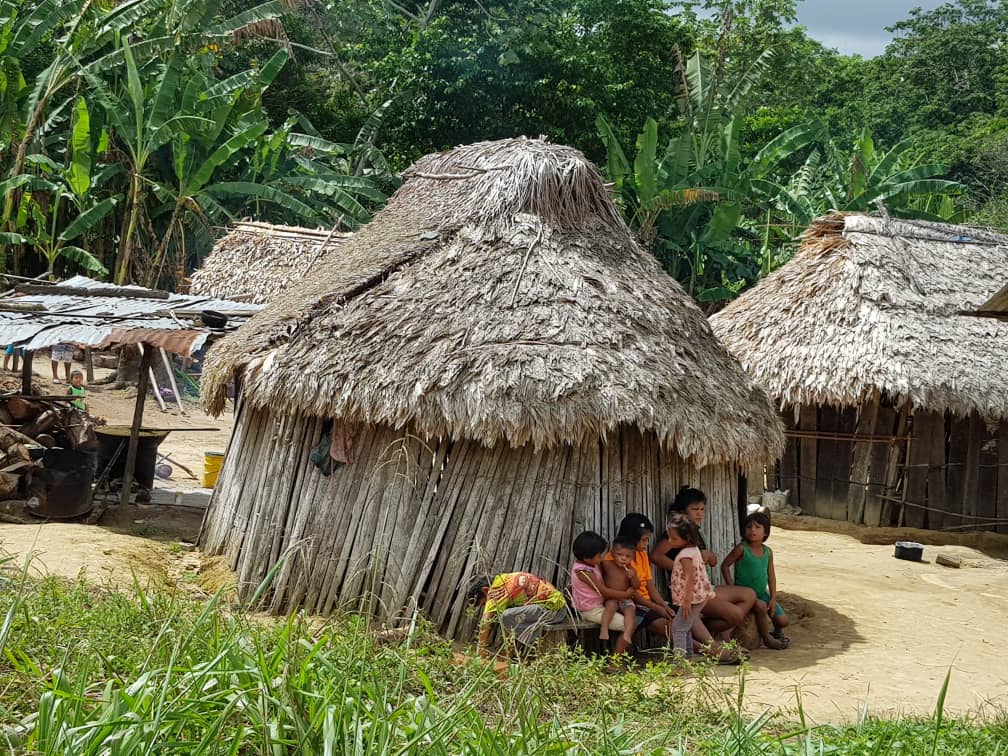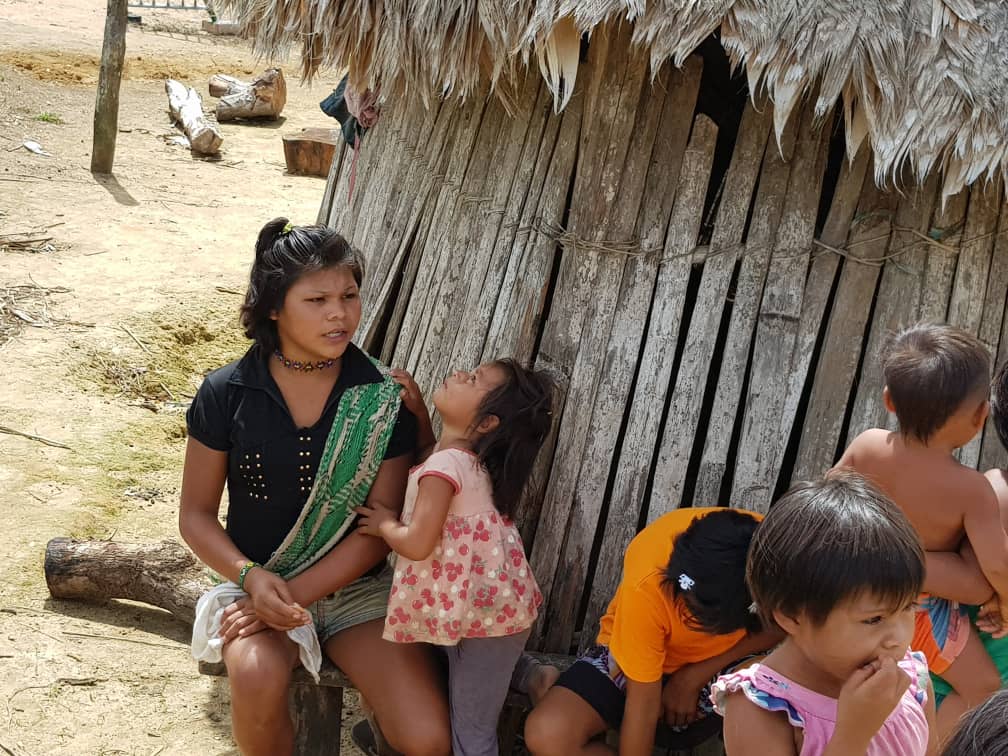The Africa-Caribbean Connection
Chadia Mathurin: So this question you can answer it as a world citizen, as Deputy Secretary General – you can answer it in any capacity – as a Pan-African man; I do think that you have Pan-African ideals based on my interactions with you. Are you optimistic about co-operation between Africa and the Caribbean and if so, why?
Dr. Armstrong Alexis: Of course. I am. There are certain things that you never lose optimism for because if you do then you end up in the realm of throwing in the towel. So I have to remain optimistic. But more than that, more than just remaining optimistic, I also think that, (a), it is in our best interest and (b), it is going to happen both organically and with deliberate intervention, and (c) because all parts of the world have become more accessible now we have greater opportunities now than we ever had before. There was a time where the African continent, for us in the Caribbean was mystified. It was mystic. The likelihood of ever visiting Africa was almost unheard of. We now have people who are going to Africa on holiday, going to just do the slave journey in Ghana on the coast, and just going to the palaces and just taking in that experience. So I think there is greater opportunity as Afro-Caribbean people, as Africans in the Caribbean. And I say so with no hesitation because I’ve been in many conversations before where Caribbean people doh’ [don’t] want to be called Africans but we call people in Augier, Indian.
Chadia Mathurin: [chuckles]
Dr. Armstrong Alexis: We’re very happy to call people in Augier Indians but we doh’ [don’t] want to be called Africans. And I dispel that, because we are Africans. But there are more opportunities now.
The North-South relationship where countries of the so-called developing South relied on the countries of the developed North for aid and that kind of support – bilateral and otherwise – is quickly coming to a close. Right now South-South co-operation is becoming more of an issue. There is much more, I think for us to benefit from the Caribbean developing friendly relations with South America – those large markets in South America – and developing relationships with those large markets of Africa than Europe. Whatever we had to get from Europe and North-America we probably have already gotten it. There’s not much more that we can get. Why don’t we begin to explore for example, tropical medicine, with those universities from the African continent. They are predominantly tropical countries [and] they have very robust research and educational institutions. We can benefit from that. We can benefit from [knowledge of] food production. We can benefit from [knowledge of] food preservation. So I could not be more optimistic because I think more people of the Caribbean are becoming exposed to Africa. Look at this, you’re conducting this interview with me, I’m in the Caribbean, you’re in Africa. Ten years ago that was a virtual impossibility. So I think it’s going to happen, and those of us who have had the exposure and who are committed to creating synergies and reducing the distance between Africa and the Caribbean, those of us who have had that opportunity, those of us who have that interest, we have to come together, I think to make it happen for the majority of our people and we have to share those stories so our countries, at the policy level, can understand the importance of why it is that we have to relate more to the African continent than we have ever done before.

Chadia Mathurin: So my next question is actually quite similar and you’ve answered it partially, but I want to pose this question in the context of looking at co-operation within the structures of regional groups; co-operation between regional groupings. So for example, looking at co-operation between the African Union and CARICOM. I know that we had our first AU-CARICOM Summit in September last year. In examining the output of the forum, the content seemed very soft; it seemed like nothing substantial had been agreed upon. And this is actually what I’ll be doing my Master’s Thesis on. I’m actually defending my proposal in about a week and a half or so. But I digress, what are some of the areas you see as viable for co-operation between these two regional groups and what do you think is necessary for that co-operation to be realized? There seems to be political will since our leaders have gone as far as meeting via Summitry so what else do you think is missing?
Dr. Armstrong Alexis: So a few things in terms of the what – I think definitely the need for us to reinforce our cultural heritage and the sharing of our cultural assets with each other is of primary importance. So for me, for instance, going forward our CARIFESTAs should have African participation. Low-hanging fruit, not difficult to get going, let’s move on with it. So that’s one.
Secondly, I think we need to create more opportunities for study tours and leisure tours with the African continent. More people, including schools with their Social Studies students should be making a tour to Ghana.
Chadia Mathurin: Forgive me, I’m interjecting a bit here. I taught Caribbean Studies for a year, and there’s that part of the syllabus that is concerned with Labour Systems and looking at the journey that enslaved Africans took to land in the Caribbean, and to endure one of the most organized, productive and brutal labour systems. So I definitely agree with you on this, and I love the idea.
Dr. Armstrong Alexis: But also Chadia, even across the Caribbean, I lived and worked in Suriname for six years and I remember when I first went to Suriname and started interacting with the maroons, the run away slave communities, and the Caribs – well they don’t call them Caribs in Suriname. There are all sorts of indigenous groups. When I taught Social-Studies at the Gros-Islet Primary School we used to have drawings of the huts, and drawings of the Amerindian people. Listen to me, the huts still exist. People still live in them. But 25 years ago, we almost did not know that these people existed just down the road in Suriname and we used to have to teach about them like history. They’re not history. They’re still part of the region. Their huts are still there. You see, so, if you apply that discussion to Africa and we get to understand the homesteads, and how the homesteads are built and what a homestead is, and [if that is something] that Caribbean people can experience, I think that is something that can benefit our region tremendously. Having said so, what do we need to do it?




Images provided by Dr. Armstrong Alexis.
We definitely need a proper transportation system. Air transportation is of critical importance. It is not going to happen if we do not have a proper transportation system for people to be able to move across the two regions. So transportation is of absolute importance where that is concerned. And that I think can be partnership between government and the private sector. But transportation is going to be a very, very important element to that.
Then of course there is also the issue of trade in goods. There is a lot that is produced on the African continent that can be utilized in the Caribbean. There is a lot that is produced in the Caribbean that can be utilized on the African continent. So trading has to become important but again, transportation is relevant. As it is now, it is a further distance to travel from Saint Lucia to England [geographically] than to travel from Saint Lucia to Ghana on a straight line. It’s a shorter distance on a straight line but economies of scale, routes don’t make it… We just simply don’t have the transportation apparatus to be able to deal with that, but it is not an impossibility. Investment would be required. And that is the other thing.
In terms of what is required, for all of that to happen, investment is going to be required. And it means therefore that the current status quo of North-South has to be recalibrated to allow for greater South-South which is in and of itself a huge debate that is not easily [answered]. There are no easy answers or easy solutions to those problems.





1 comment
Insightful!